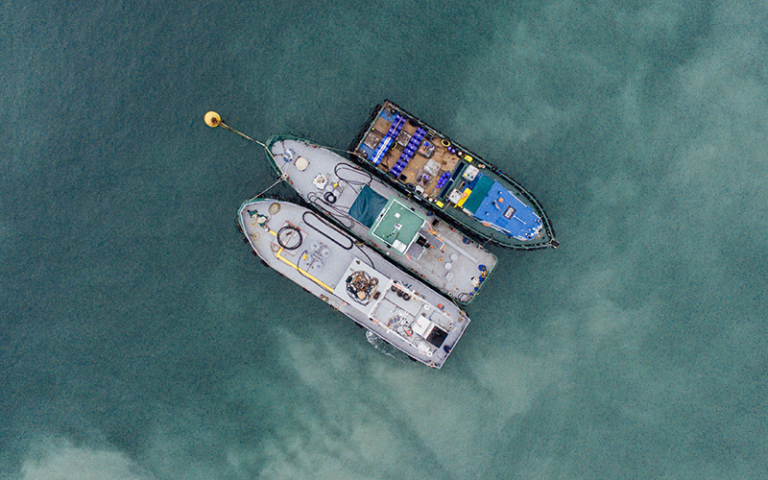International Maritime Organisation progress: Consensus reached on pricing GHG emissions
20 May 2022
After over a decade of stalemate a consensus had been achieved by the international maritime organisation to price greenhouse gas emissions

The Intersessional Working Group (ISWG) on Greenhouse Gases (GHG) ISWG-GHG 12 marks the third substantive discussion on mid-term measures (MTM), and the shift from phase 1 to phase 2 of the workplan adopted at MEPC76. The meeting concluded that there was now consensus to price GHG emissions at International Maritime Organisation. This is a major development - the concept of market-based measures (MBM’s) has been on the table at IMO for more than a decade and often debated with large disagreements between member states
Dr Aly Shaw, Principal Consultant at UMAS – UCL Energy Institute’s maritime consultancy wing said:
“Growing consensus was achieved around the need for a basket of measures that would combine a technical element, e.g. a fuel standard, with an economic element, e.g. a MBM. There was also much support for a Well-to-Wake approach that reduces absolute emissions and puts shipping on a 1.5-aligned pathway. Perhaps most heartening was that the majority of members supported the need for an equitable transition that would leave none behind.’
Overall, good progress has been made in the first 12 months of IMO’s work on mid-term measures (policies to drive shipping’s transition and decarbonisation). The IMO is on track for the schedule it agreed last year and there is a lot of convergence about the objectives the final policy design will need to address.
Dr Tristan Smith, Director UMAS said:
“To many, especially in industry, pricing GHG emission has been the obvious next step for a while. It is not a new concept to IMO, but previous attempts to progress it have failed. It is therefore a huge step forwards that there is now consensus on this. Pricing needs to be complemented with a mandatory measure like a fuel standard, but there is now a much improved potential for strong IMO incentivisation of shipping’s decarbonisation’
There are a range of possible policy mechanisms (technical measures like mandates and economic/market-based measures) which will now go through for further discussion, refinement and prioritisation.
Click here for a full read out of the discussions and key decisions from the meeting
For media enquiries please get in touch with:
- Dr Aly Shaw: alison.shaw@ucl.ac.uk
- Dr Tristan Smith: tristan.smith@ucl.ac.uk
About UMAS
UMAS delivers consultancy services and undertakes research for a wide range of clients in the public and private sectors using models of the shipping system, shipping big data, and qualitative and social science analysis of the policy and commercial structure of the shipping system. UMAS’s work is underpinned by state-of-the-art data supported by rigorous models and research practices, which makes UMAS world-leading on three key areas; using big data to understand drivers of shipping emissions, using models to explore shipping’s transition to a zero emissions future and providing interpretation to key decision makers. For more information visit: www.u-mas.co.uk
 Close
Close

